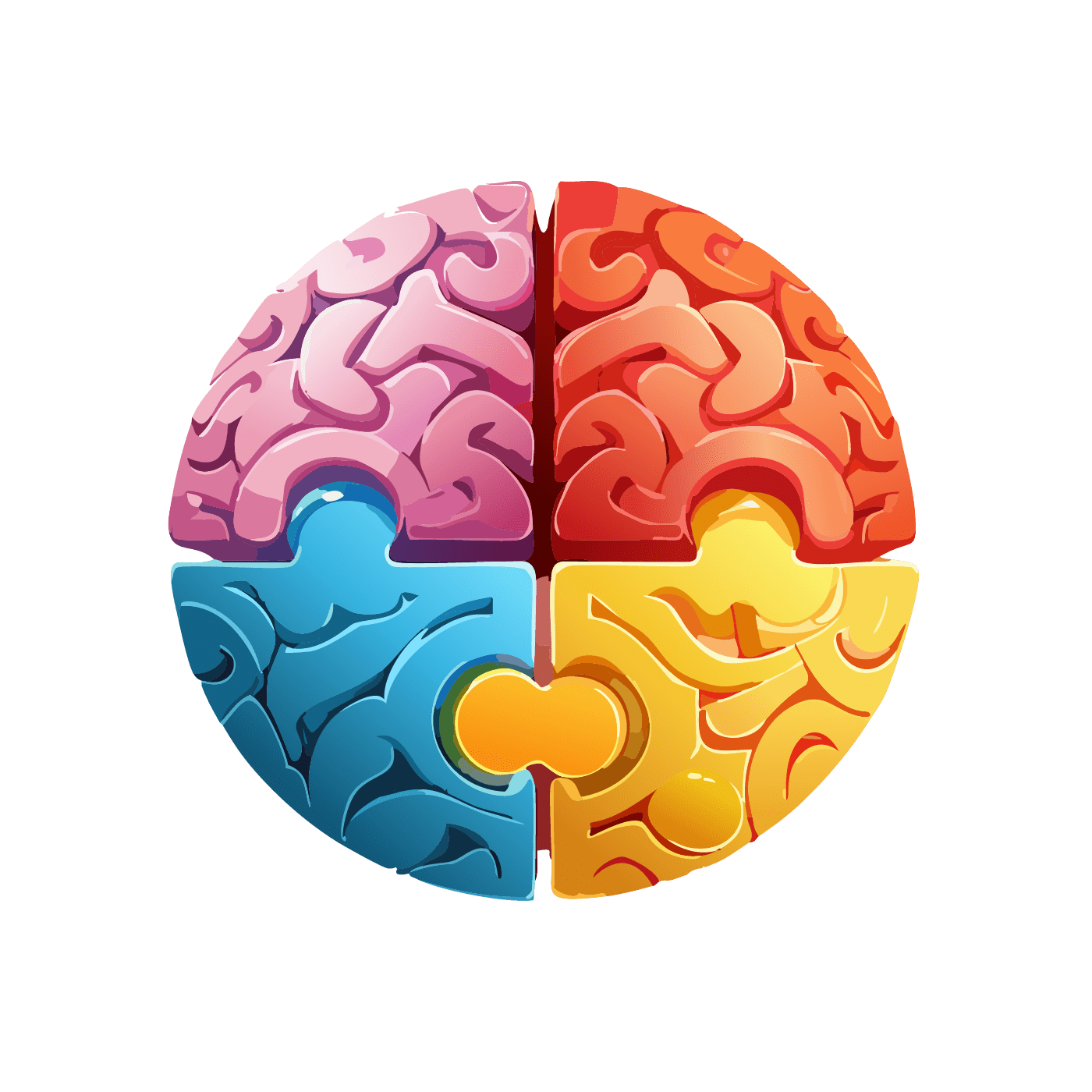Methods, Curriculum Types, and State Requirements
Disruptive Mood Dysregulation Disorder
Disruptive mood dysregulation disorder (DMDD) is a condition in which children or adolescents experience ongoing irritability, anger, and frequent, intense temper outbursts. DMDD symptoms are severe.

April is Disruptive Mood Dysregulation Disorder Awareness Month.
April is the month for Disruptive Mood Dysregulation Disorder (DMDD) awareness.
What is Disruptive Mood Dysregulation Disorder (DMDD)?
Generalized Anxiety Disorder (GAD) is characterized by persistent and excessive worry about many different things. People with GAD may anticipate disaster and may be overly concerned about money, health, family, work, or other issues. Individuals with GAD find it difficult to control their worry. They may worry more than seems warranted about actual events or expect the worst even when there is no apparent reason for concern.
Educational Tips
Communication
- Acknowledge their feelings: Let the child know you are listening and understanding their emotions. Phrases like “I see you’re upset” or “It seems like something is bothering you” can help.
- Stay calm and composed: Your calm demeanor is a powerful tool that can help de-escalate the child’s emotional intensity. It also sets a positive example for the child, helping them learn to regulate their emotions. Avoid reacting emotionally to their outbursts.
- Be direct: When upset, children with DMDD can struggle with processing complex language, so use simple and clear statements.
- Avoid sarcasm or abstract language: Sarcasm or non-literal language can cause confusion and frustration.
Tasks and Assignments
- Flexible Deadlines: Allow some flexibility with deadlines to accommodate mood fluctuations that may make it hard for the student to complete tasks on time.
- Clear and Concise Instructions: Give step-by-step instructions that are easy to follow. Avoid overwhelming the student with too much information at once.
- Provide the student extra time to make in-class transitions from one activity to another.
- Calm Environment: When giving assignments, create a low-stimulation environment. Too much noise or visual stimuli can increase irritability.
- Emotion Cards: Provide emotion cards for students to use to signal when they’re feeling upset, allowing them to seek help without disrupting the class.
- Frequent Feedback: Give feedback regularly so the student knows they’re on the right track, which helps prevent frustration.

DMDD Assignment and Task Strategy
Disruptive Mood Dysregulation Disorder (DMDD) can make managing tasks and assignments challenging due to emotional regulation difficulties and irritability. When creating tasks and assignments for students with DMDD, it’s important to focus on strategies that promote emotional regulation, maintain structure, and reduce stress.
DMDD Behavioral Management
Disruptive Mood Dysregulation Disorder (DMDD) is characterized by severe irritability, anger, and frequent, intense temper outbursts in children. Managing DMDD behavior can be challenging, but with a structured approach, you can help the child better regulate emotions and reduce outbursts. Here are some behavioral management strategies.
Classroom Management for Students with DMDD
Disruptive Mood Dysregulation Disorder (DMDD) can make it challenging for students to regulate emotions, leading to frequent outbursts or irritability in the classroom. Here are some strategies to help manage students with DMDD.
Disruptive Mood Dysregulation Disorder's Communication Strategies
Effective communication strategies for children or adolescents with DMDD are crucial in managing their emotions and minimizing outbursts. These strategies help the child feel understood and reduce frustration, creating a more supportive environment at home or school.

Questions, Concerns, or Comments
Whether you're just beginning your homeschooling journey or are a seasoned pro, we're so glad you're here. This group is a supportive space for families navigating diverse learning needs, offering curriculum suggestions, adaptive technology, teaching strategies, and practical methods to help your child learn, explore, and thrive.
We encourage engaging, helpful posts and ask that you keep promotions and links minimum. Many families are searching for free or affordable curriculum ideas and resources, and we're committed to helping you find them.
Whether your child is navigating autism, ADHD, dysgraphia, dyscalculia, dyslexia, anxiety, sensory processing differences, or is neurodivergent in any way, you're not alone. We're here to share, support, and grow together.
Welcome!





